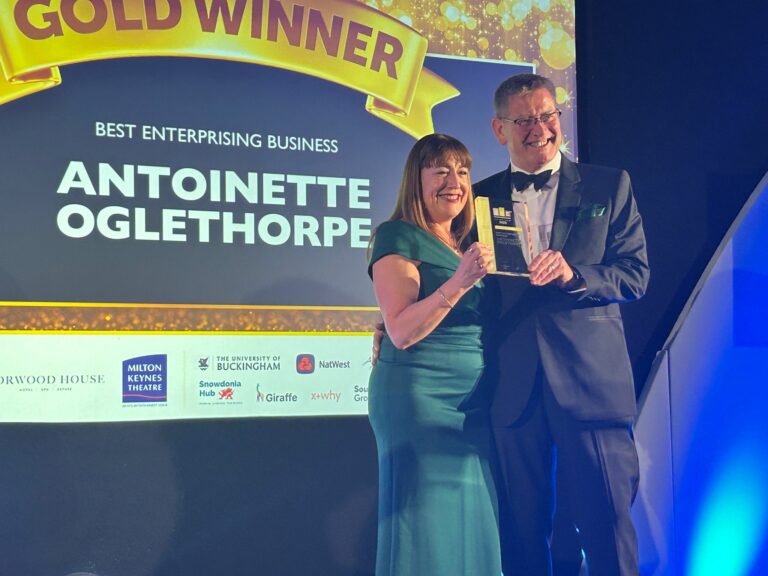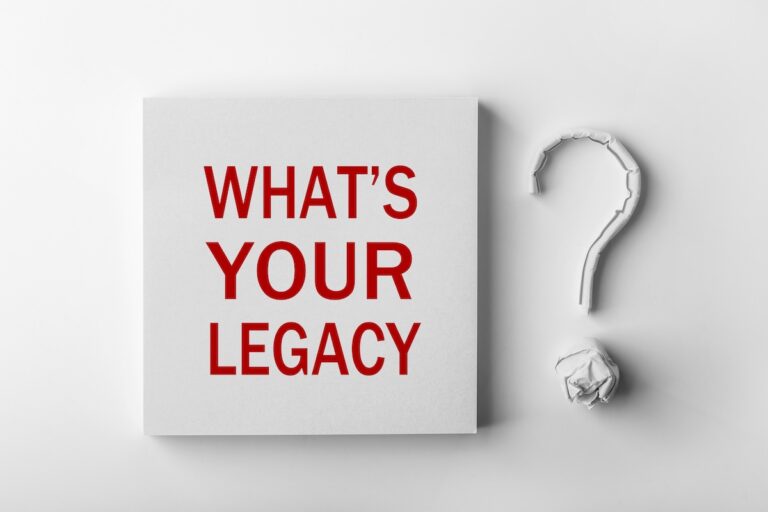In my last blog post, I talked about why deepening self-awareness is critical for career growth and success. Deepening your self-awareness is a lifelong effort.
Researcher and author Tasha Eurich uncovered a disturbing statistic. Her multi-year study showed that 95% of us think we are quite self-aware, but only about 10-15% of us actually are.
So, in this blog post, I’ll share my thoughts on how you can deepen your self-awareness. Here are seven suggestions on actions you can take to develop your self-awareness:
#1 Question yourself
One way of getting to know yourself better is by questioning yourself. The idea is that you question how you do things and ask yourself why you do those things the way you do. This should help you analyse your behaviour regarding the following:
- How you relate to others
- How you work individually and as part of a group
- How well you respond to stress
- How organised you are
- How you prefer to work
- How you manage time, etc
You can do this with any activity if it doesn’t get tiring or frustrating for you. Understanding yourself and your intrinsic motivators is a great first step to deepening your self-awareness.
#2 Reflect on your journey so far
One of the activities in our Career Compass Workbook is Your Journey So Far. It’s a useful exercise that encourages you to reflect on your career journey so far and identify the high points and low points. Understanding what makes you who you are today, requires thinking back to the places you’ve worked. It means reflecting on the people you’ve worked with and the experiences you have been through. It may take some time, but if you are serious about deepening your self-awareness, it will be worth it.
#3 Keep a journal
Another way to deepen your self-awareness is to keep a learning journal. The idea is to take notes as you experience different things and carry out different activities. Reflecting on those experiences can help you learn what you like or don’t like, what you’re good at and what you find more difficult. You may not be able to tell what activities you prefer most while working on your journal. But once you read it, you will have a clearer idea about your needs and abilities.
#4 Ask trusted friends
None of us is altogether aware of how we come across to others. We must rely on the feedback of our peers, friends, and mentors. To have your friends play the role of honest mirror, let them know you are seeking their candid perspective. For example, I sent the following email to professional friends and colleagues of mine:
You are all good friends of mine who have also known me in a work context. Some of you have known me forever and some of you have got to know me relatively recently but you all have opinions I value. So my question is this. When you think of the work Antoinette Oglethorpe (as opposed to the chardonnay swigging one!), what do you think of? You don’t need to give a lengthy answer, I’d just be interested in the two or three words that come to mind. If this all sounds too hard or you just don’t want to be put on the spot, don’t worry. But any thoughts you’re happy to share would be a great help.
I was surprised – and heartened – that everyone replied. I put all the answers into a word cloud and it was enlightening. This is what I learned:

#5 Get regular feedback at work
Besides asking your friends and family, you can get feedback through the formal processes and mechanisms at your workplace. Performance reviews can provide information on your achievements, strengths and areas for development. 360 Degree Feedback is also a useful way to find out how others see you and in turn deepen your self-awareness.
#6 Take Psychometric Tests and Assessments
Tests and assessments can give you insight into your interests and values. Other tools assess your personality factors, aptitudes, and lifestyle preferences. With most of them, there are no right or wrong answers. They simply indicate your natural preferences, choices and tendencies.
#7 Use Success Folders
Throughout the year, it can be a struggle to remember your progress and achievements. Success folders can help by providing a record of your learning and insights. You may wish to use a physical folder or an electronic one on your tablet or laptop. Every day or week, you add personal examples of progress and success to the folder. These can be summaries of tasks you completed, feedback you received or goals you achieved. Then, periodically look through the success folders. What does it tell you about your strengths and achievements? The folder provides a great resource for discussion in one to ones, performance reviews and career conversations.
So, there you have it. Seven suggestions on actions you can take to deepen your self-awareness. I’d love to hear how you get on.
If you are looking to think positively and proactively about your career development, or you want to support your team prepare effectively for career conversations with managers and mentors. Our Career Compass Workbook gives you all the tools and templates needed to reflect on the past and think about the future.



